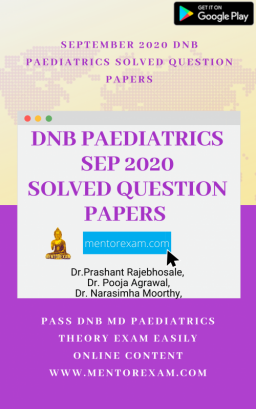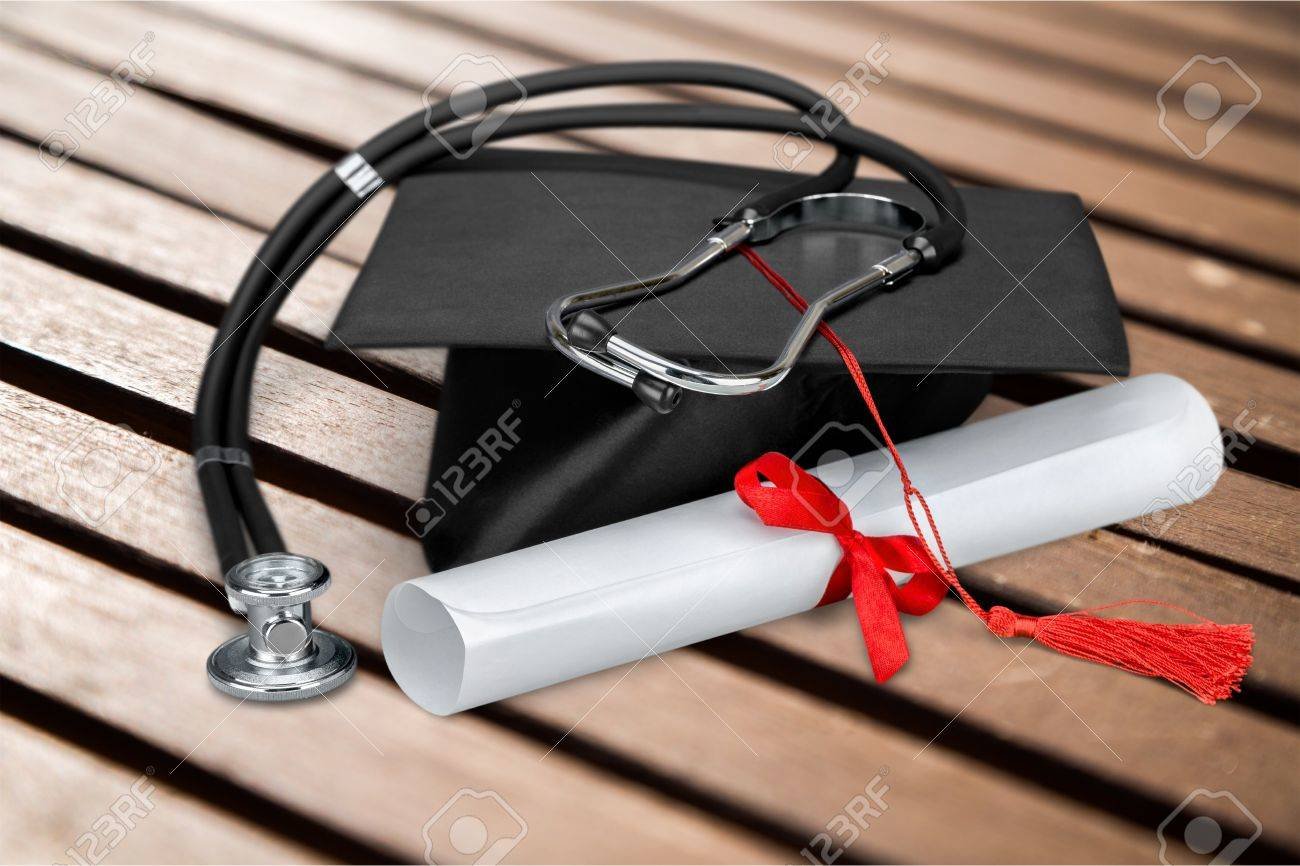
The biggest dilemma after cracking one of the toughest entrance examinations, faced by the candidates is choosing a post graduation branch. Those of us lucky to have a passion to follow, are then left with a confusion of where to begin their journey.
In the first of this two-part article, I will share few tips on how to enquire about DNB hospitals and instritutes in a systematic and orderly manner. In the next part, I will be discussing which institutes are preferred by DNB candidates, based on past years’ counseling trends. DNB Ophthalmology A practical guide to start your journey in Ophthalmology how to prepare for dnb ms ophthalmology exams pass theory practical exams
- Disclaimer: Please note that this order is purely on the basis of past and current experiences of the authors and other DNB candidates, and may be subjected to change owing to variations in the faculty or change in standard of care in a particular institute. The authors do not possess any financial interest and the only purpose of this article is to guide the MBBS students in picking up the post-graduate institute of their choice.
What to look for in an institute or a hospital?
I would divide this broadly under 4 headings (in that order!):
- Academics
- Surgical load
- Exposure to subspeciality, such as Retina/Oculoplasty/Cornea/Squint etc.
- Stipend and miscellaneous
1. Academics:
- Academics form the core of any branch and ophthalmology is no different.
- Look into the educational qualifications of the faculty and their involvement in various teaching platforms, whether they are renowned in surgical innovations.
- Opt for an institute which has an added fellowship superspeciality, so that you have a scope of re-joining the same place, if need arises in future.
2. Surgical load:
- Ophthalmology, being a surgical branch, has a steep learning curve. A good amount of surgical exposure is required during residency to emerge as a confident surgeon after completion.
- Enquire about conduction of free camps, or outstation postings where one gets a free hand to do independent surgeries.
- Being a charitable centre or a government hospital helps to a certain extent.
- An introduction to ECCE with a good number of SICS/Phaco is required at the resident level.
- Extraocular surgeries like DCR, Squint are an added bonus.
3. Exposure to subspeciality:
- One of the vital aspects in shaping future career is to explore all what the field of ophthalmology has to offer.
- A prerequisite to that is residency at an institute/hospital where there is an established and fully equipped department of individual subspecialities.
- Vitreoretina and oculoplasty, are the most dreaded subspecialities on the day of DNB practical in the “Instruments table” as most of the candidates are not familiar with surgeries in those subspecialities. So keep this in mind while selecting an option.
4. Stipend and miscellaneous:
- Last but not the least, a decent stipend is needed for a good standard of living.
- In general hospitals in North India provide higher stipend as compared to South.
- Do not underestimate the importance of your social environment where you will be spending your formative years.
- However, this criterion should not sacrifice the value of the previously mentioned ones. That is the reason I have mentioned it at the end.
Private vs. Government:
A standard doubt in mind of all candidates. There is no right or wrong answer to this question. It largely depends on the institute and subjected to high variability.
Private institutes:
Pros:
- Chance to witness advance technologies.
- Most private hospitals have almost all subspecialties so you get a good overall exposure.
Cons:
- Being private and mostly paid patients (depending on load), surgeries might be little lesser than what you may get in government or charitable branches.
- Also many private colleges don’t invest too much time on academics and bedside teaching.
Government Hospitals:
Pros:
- Biggest advantage is surgical volume.
- Decent academics.
Cons:
- All subspecialities may not be available in a government setup.
- Access to latest diagnostic machines and surgical equipments might be a hindrance in some situations.
- Not allowing adequate surgical opportunities to residents may be seen in government institutes with newly inducted faculty (who are themselves in their learning phase).
This difference is highly transparent and one needs to look for a balance to meet the requirement.
General Tips:
In general, if you want to find out about any institution, best way to go about this would be to contact the DNB academic director.
If he is not available, you should ask contact of any resident or a fellow. Those people are the best persons to enquire about the institution, as they will provide you the ground reality of that place.
As you keep a record of these 4 parameters, start grading your choices and arrange them in a ranking order to form your list.
Hope this information helps you all in choosing the right seat for the bright beginning of your career. All the best!
Dr. Abhishek Paul , Pediatric Ophthalmology and Strabismus consultant (MBBS, FAGE, DNB, FICO, MRCS Ed, FMRF)
Dr. Bijita Deb, Cornea, Cataract and Refractive Surgery consultant (MBBS, MS, DNB, FRCS Ed I)
Subscribe for fellowship offers
subscribe for updates of your choice register
Contact for posting fellowship offers prepguidance.com@gmail.com
Prepguidance Forum for exam and question papers mcq discussion
Post job and fellowship offers
Subscribe to your necessary chosen updates
DNB Ophthalmology A practical guide to start your journey in Ophthalmology how to prepare for dnb ms ophthalmology exams pass theory practical exams







